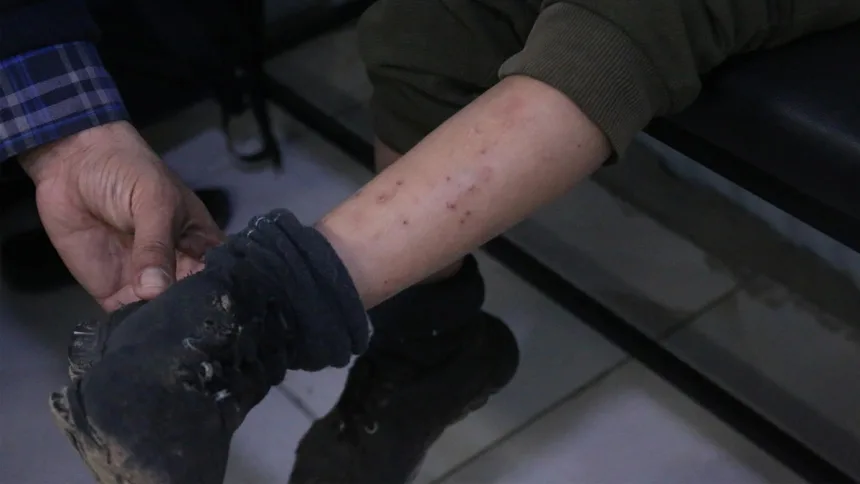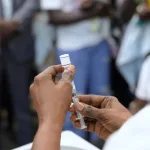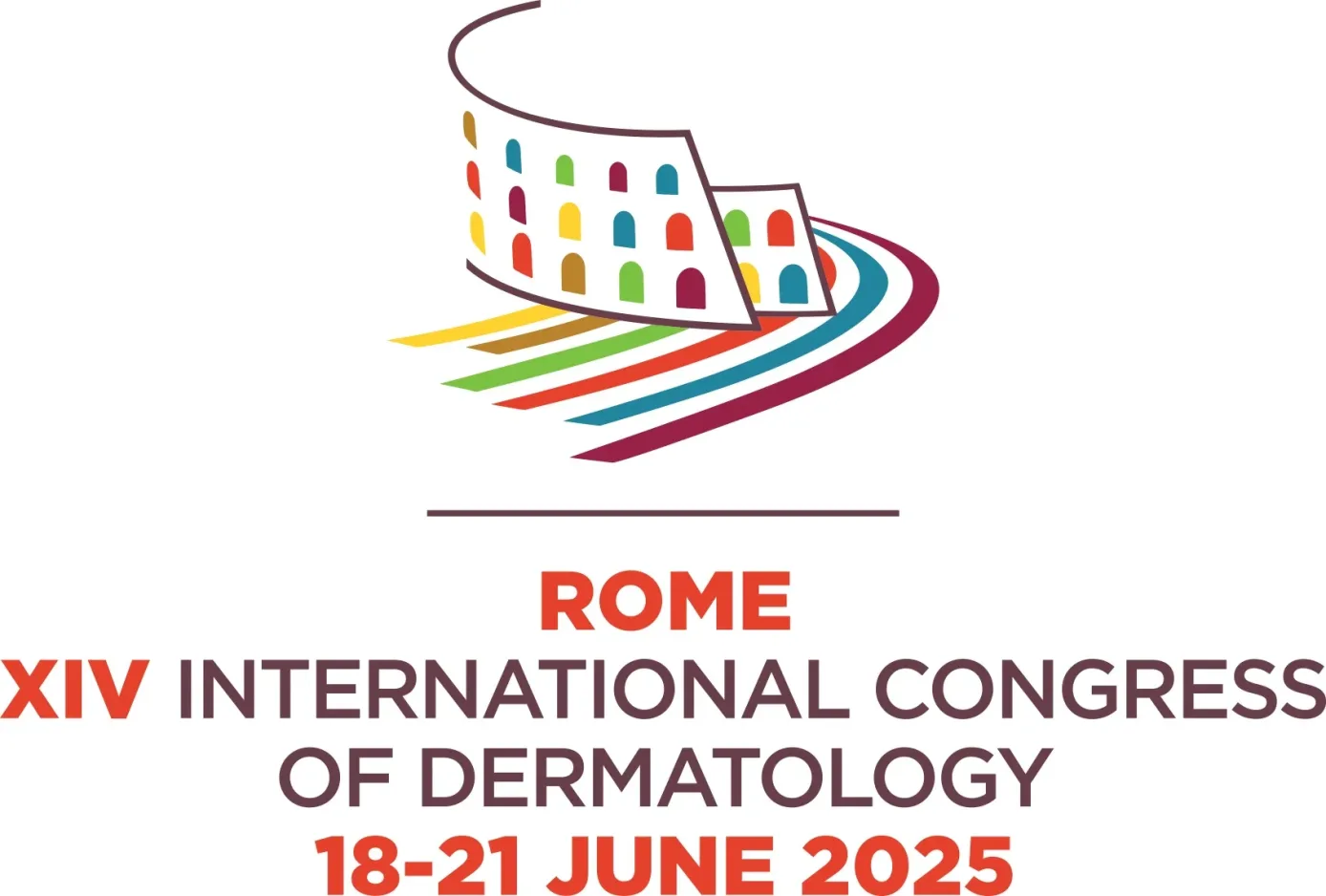Jerusalem – A month-long siege imposed by Israeli authorities in Gaza, Palestine, means some critical medications are now short in supply and are running out, leaving Palestinians at risk of losing vital healthcare, warns Médecins Sans Frontières (MSF). As Israeli forces continue to bomb the Gaza Strip, depriving people of basic needs, including food, water, and medicines may lead to a high number of health complications and deaths. MSF calls on Israeli authorities to immediately cease the collective punishment of Palestinians, end their inhumane siege of Gaza, and to uphold their responsibilities as an occupying power to facilitate humanitarian aid at scale.
For over a month, no aid or commercial trucks have entered Gaza, marking the longest period since the start of the war without any trucks entering the Strip and on 2 March, Israeli authorities imposed a complete siege of Gaza. On 9 March they cut the electricity, needed to power water desalination plants. This total blockade of aid and electricity has deprived people of most basic services, amounting to collective punishment.
“The Israeli authorities have condemned the people of Gaza to unbearable suffering with their deadly siege,” says Myriam Laaroussi, MSF emergency coordinator in Gaza. “This deliberate infliction of harm on people is like a slow death; it must end immediately.”
The siege has forced MSF teams to start rationing medications such as pain killers, providing less effective treatment or turning patients away. Teams are also running out of surgical supplies such as anaesthetics, paediatric antibiotics and medicines for chronic conditions like epilepsy, hypertension and diabetes.
In addition, MSF teams are no longer able to donate blood bags to Nasser hospital due to a lack of stock, while the influxes of patients war-wounded by relentless Israeli forces attacks continue.
Also Read : MSF opens field hospital in central Gaza
The blockade has left MSF teams unable to provide medication to treat skin conditions, just small amounts of lotion to alleviate the pain. Skin conditions like scabies require treatment for the entire family to prevent spread and reinfection, but without medications and clean water this is impossible.
For people with non-communicable diseases, such as hypertension and diabetes, the consequences of the lack of treatment may lead to severe complications, such as permanent disabilities and in some cases even death.
“I don’t have any blood pressure medication left. My son searched for two days and couldn’t find any,” explains Sobheya Al-Beshiti, a patient of the MSF clinic in Al-Attar, Khan Younis. “What can I do? Stay without treatment? If I don’t take my blood thinner, my nose starts bleeding, and I start coughing blood.”
During the Muslim holy month of Ramadan and Eid, patients in MSF clinics are reporting weight loss and lack of access to proper food.
“Right now, my blood levels are low, and my weight is also low. There aren’t enough food supplies to help me gain weight or increase my blood levels,” explains a pregnant mother in an MSF clinic in Mawasi, Khan Younis. “The rising prices are a huge problem in the city: people simply cannot afford to buy necessities because of how expensive everything is.”





















